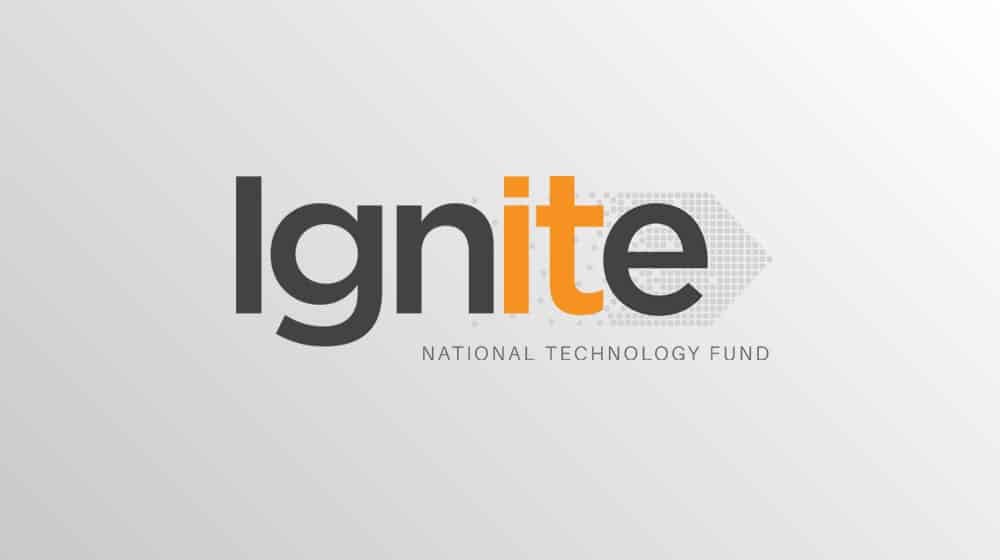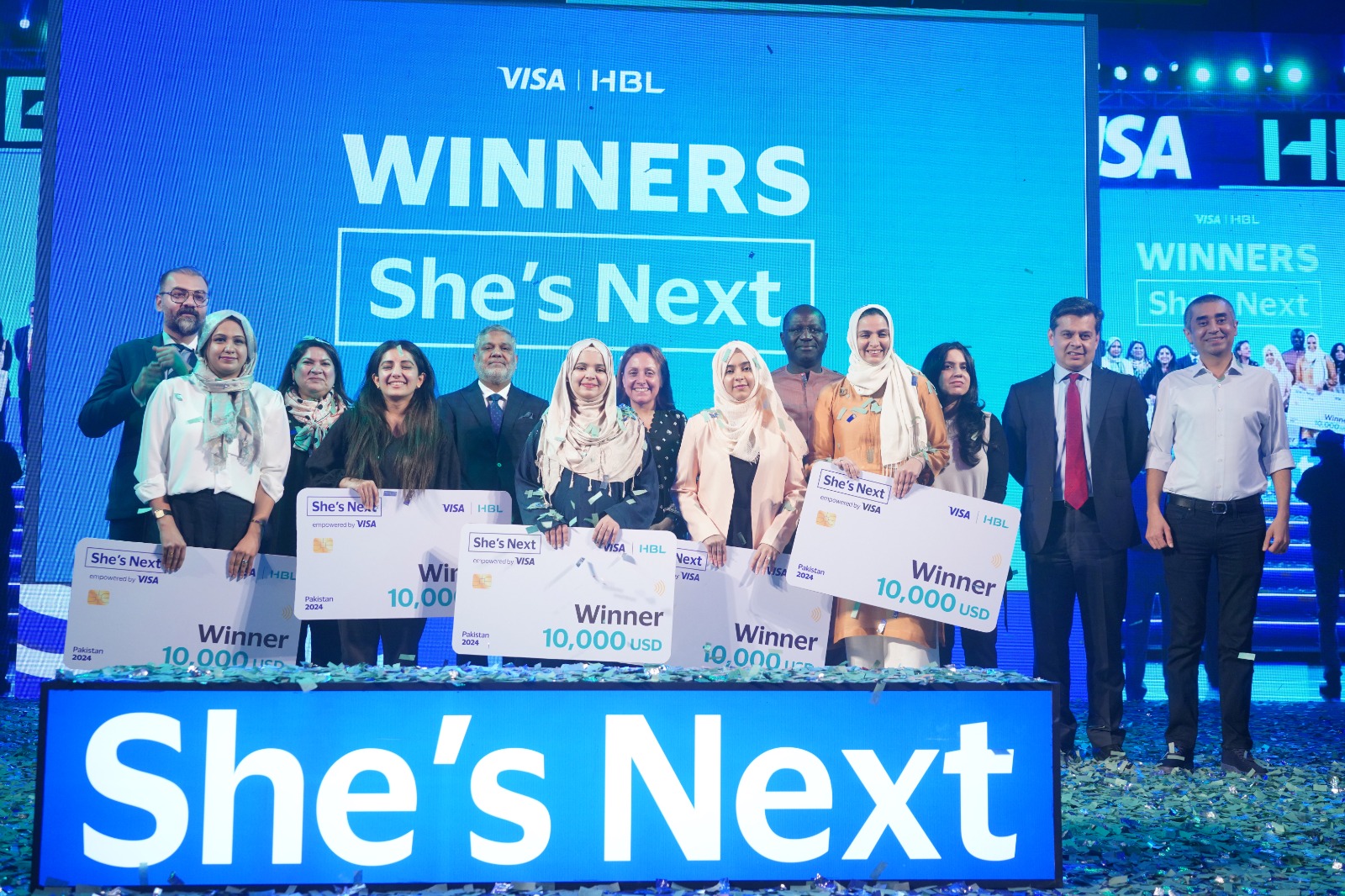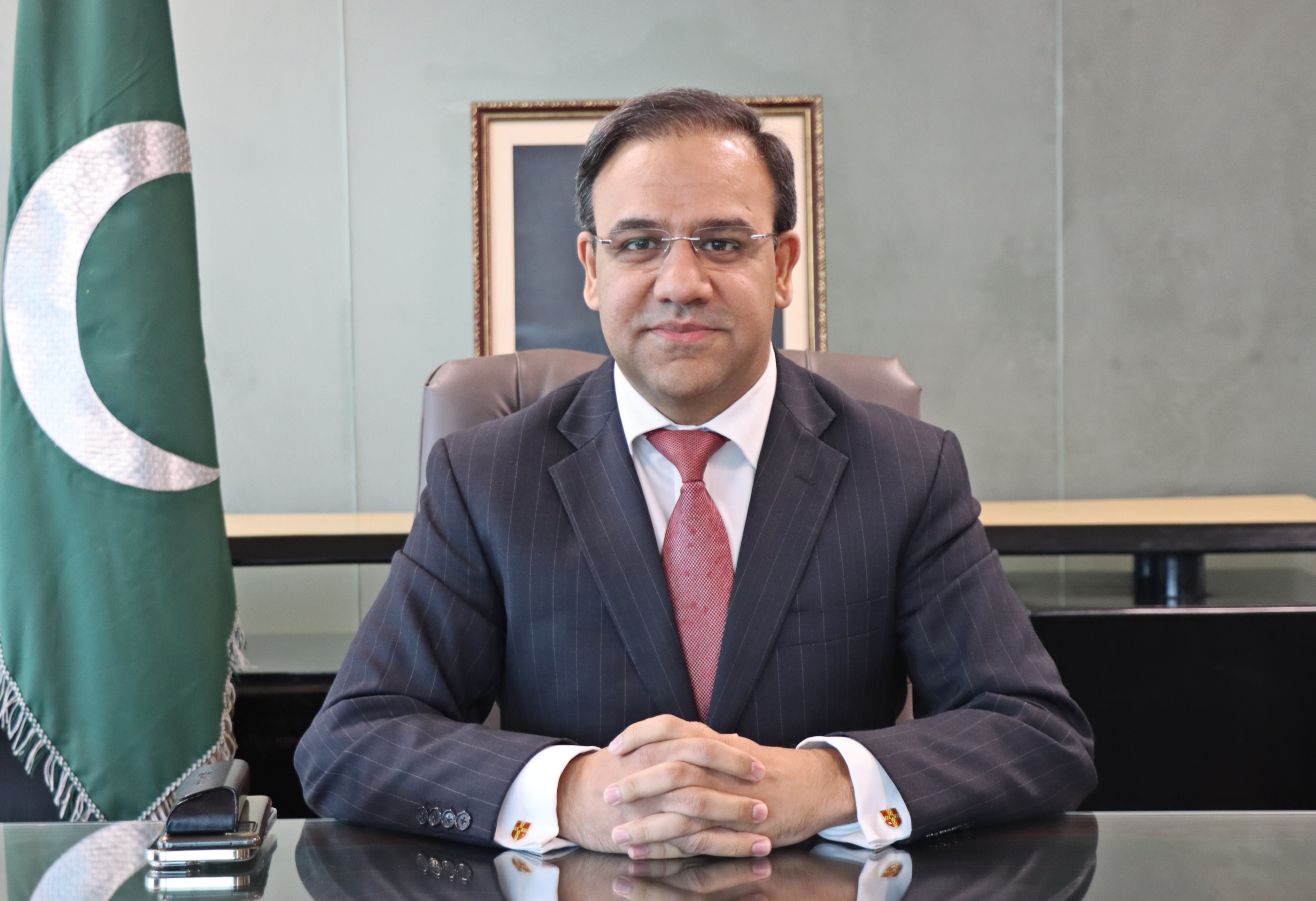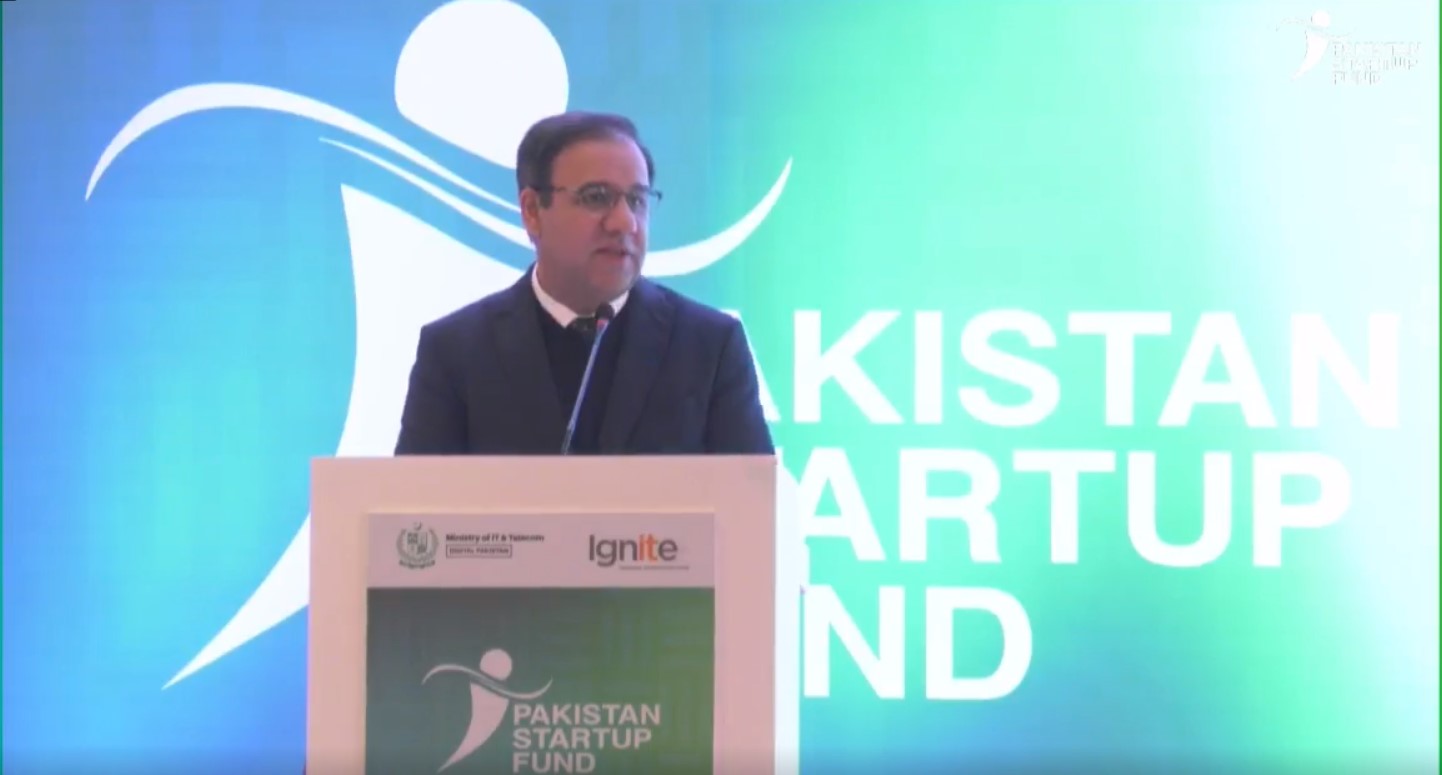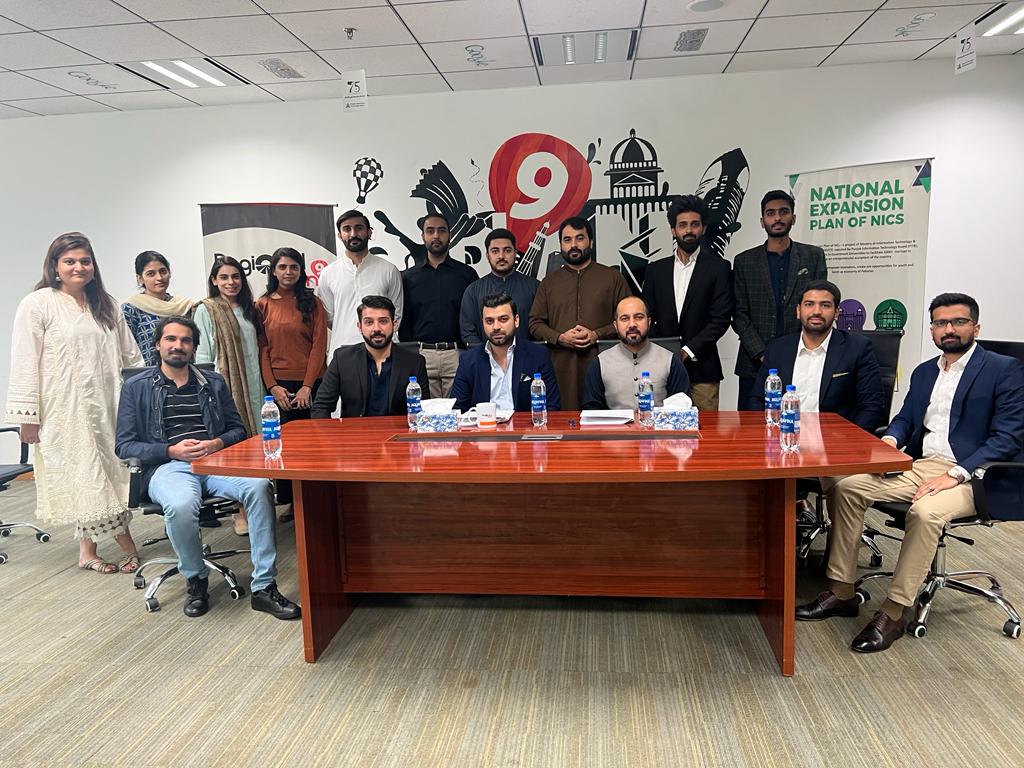K-Electric (KE) announced the winners for the first 7/11+ Innovation Challenge in partnership with INNOVentures Global at a day-long event held at Habib University in Karachi.
KE’s 7/11+ Innovation Challenge is the first of its kind event in Pakistan’s utility market, designed for entrepreneurs, startups, researchers, and university students to promote and accelerate strategic innovation. Participants spent the first half of the day making final pitches to the esteemed Jury followed by a panel discussion and award announcement in the second half. Chairman NEPRA, Tauseef H. Farooqi was also in attendance as the Chief Guest.
The challenge is aligned with the United Nations Sustainable Development Goals (UNSDGs), particularly Goal 7 – access to affordable, reliable, sustainable and modern energy for all and Goal 11 – sustainable, inclusive, safe and resilient cities and communities. K-Electric aims to highlight the importance of innovative problem solving and critical thinking within the public and provide a platform to convene organizations and individuals across Pakistan working at the critical intersection of sustainability and innovation.
Participants from various scholastic backgrounds took part in this Innovation Challenge in teams, beginning in February of 2022 going through stages of pitches, capacity building sessions and focused mentoring. The journey began with over 300 applications hailing from several startups, universities and relevant fields of study out of which 10 teams made it to the finals.
Speaking to the audience, Tauseef H Farooqi, the Chairman of National Electric Power Regulatory Authority (NEPRA) shared that “As a regulator, we have a tremendous responsibility towards society that extends beyond the creation of affordable, accessible and reliable energy supply. We must also support the community, through constant innovation and development. Under our Power with Prosperity, Power with Safety, Power with Equality, Power with Security and Power with Unity plans we have uplifted and transformed the socio-economic landscape of Pakistan aligned with the UNSDG’s to impact over 32 million lives, creating over 46,000 jobs including 8,400 jobs of women alone with over 32 Billion Rupees of financing. All this was aimed to promoting work-place safety, diversity and inclusion and security. Innovation is imperative for positive change and we must continue to strive for a better and brighter future.” Mr Farooqi also endorsed how K-Electric, the only vertically integrated power distribution company in Pakistan, was stimulating grass-root level impact through their best practices and serving as a role model within the power sector.
“K-Electric is one of Pakistan’s most innovative utility companies making substantial improvements since privatization through investments and automation of its infrastructure. Deeply embedded in the very fabric of this great city, KE continues to positively contribute towards Karachi’s sustainable and innovative growth.” Stated KE, Chief Executive Officer, Syed Moonis Abdullah Alvi. “Through KE’s 7/11+ Innovation Challenge we aim to create operational excellence, enhance customer experience, and optimize our supply chain and logistics to energise the city’s future in a sustainable and customer-centric way.”
The Innovation Challenge Jury was made up of dynamic profiles in the current Pakistani innovation ecology including Farhan Anwar, Assistant Professor of Practice Social Development and Policy at Habb University, Seher Abbas, Co-Chair, Karachi Hub Women in Energy & IFC, Sheikh Imranul Haq, Energy Expert, Shehryar Hydri, MP, Deosai Ventures, Shaista Ayesha, CEO of SEED Ventures, Naeem Zamindar, Founder of Neem Financials and Naz Khan, CSO at KE. Together they selected the top 10 finalists which included Ezbike with their electric bike and battery swapping service, Ezgeyser with the sustainable energy plan, Lorawan with meter reading retrofit, Novel Insulator with an insulator design, OptimaLoad with a solution to balance load on a transformer Orko with an application to manage EV charging stations, Power Distribution Improvement with an efficient short and long term demand forecasting technique, Smart Transformer Health with a device to monitor health of a transformer, Thingsty with IoT applications for domestic and commercial users and Vtol Dynamics with drones for geospatial survey and monitoring. Total cash prize pool was 3 million PKRs – 1.5 million to the winner, 750,000 PKRs each for the first and 2nd runner up.
After a rigorous and competitive journey, the Energy Informatics Company of LUMS emerged as the winner for their Data Analytics based Prediction and Forecasting model, while ezBike’s Electric bike and charging infrastructure was awarded first runner up and NUST PNEC’s was the second runner up for their LoRaWan based meter retrofit technology capable of incorporating smart technology on conventional electricity meters.
Naz Khan, K-Electric’s Chief Strategy Officer said “KE’s 7/11+ Innovation Challenge is a move to embrace innovation not just as a corporate social responsibility but as a strategic priority. At KE, we believe the emerging utilities landscape, post CTBCM, will require organizations like ours to go beyond the organizational boundaries and knowledge-bases to pilot and deploy the best ideas for the benefit of the society at large. The Innovation Challenge has enabled us to do just that by synergizing with some very talented individuals from start-ups, universities, and academia to create advanced solutions that will no doubt positively contribute to both KE and Karachi’s progressive development.”
Dr. Athar Osama, Managing Partner INNOVentures Global, appreciated this novel innovation effort, “I am glad that KE has managed to establish this platform,” acknowledging how this was “the best way forward for corporate sector towards a transition to a developed economy.”

